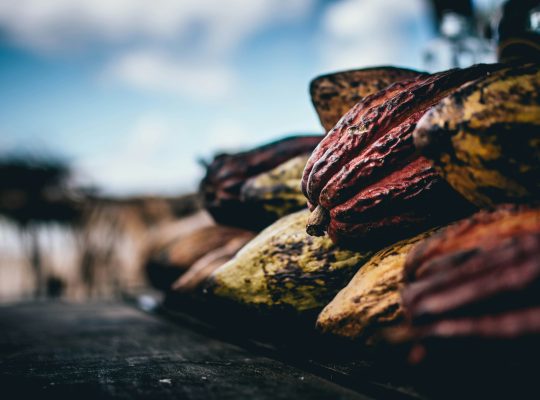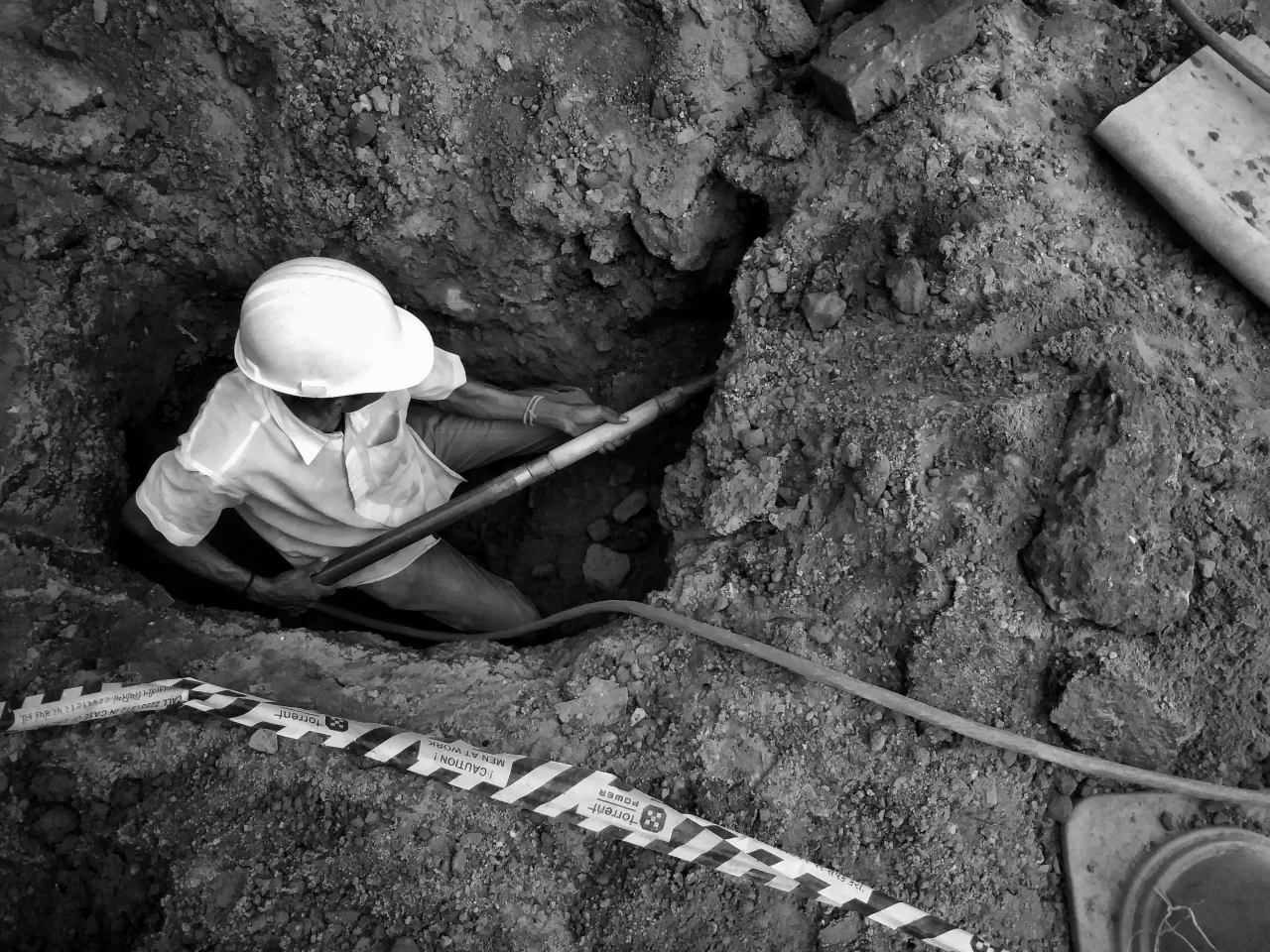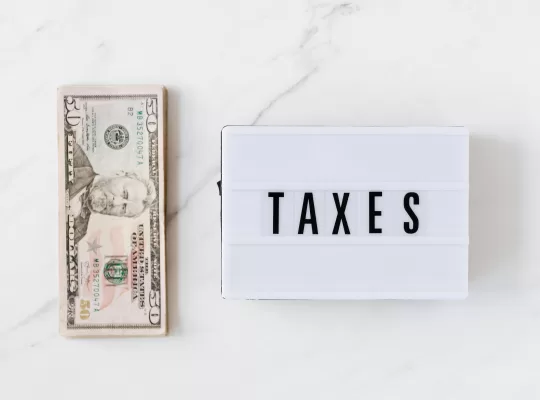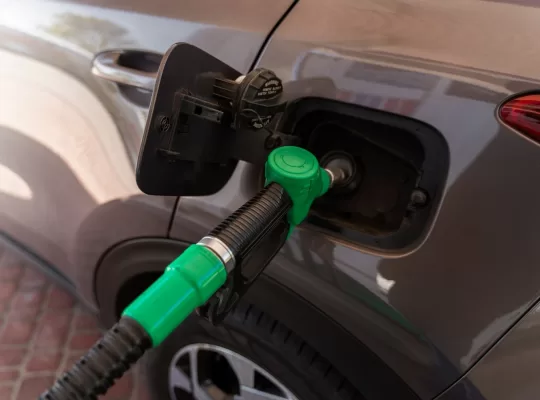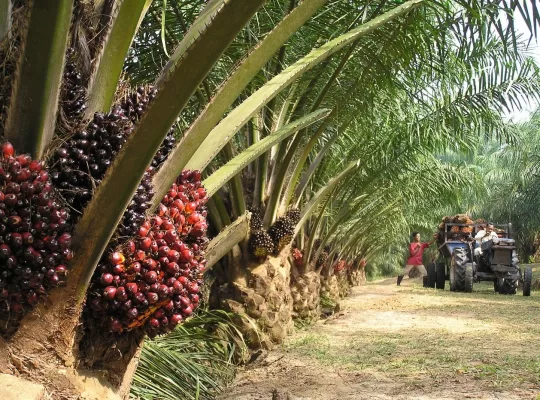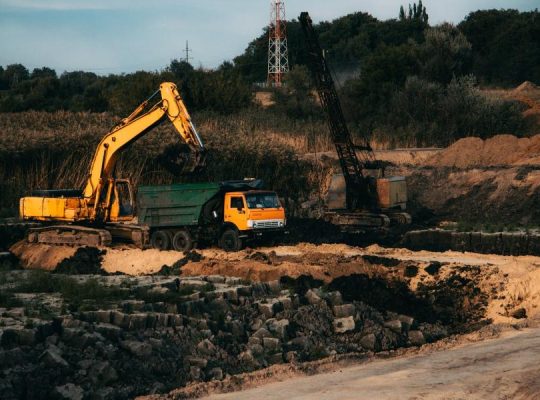Controversy is brewing over a decision by Indonesia’s outgoing administration to distribute mining licenses, which were previously revoked from corporations, to religious bodies. This decision is not based on the religious groups’ ability to mine but rather on their significant role in supporting the struggle for Indonesia’s independence almost eight decades ago.
The initiative is spearheaded by Bahlil Lahadalia, the Minister of Investment, who is currently under the spotlight due to accusations of corruption and shady dealings in the cancellation and reassignment of mining permits. Reports from the investigative news platform Tempo suggest that this move is essentially a reward to religious organizations for backing President Joko Widodo’s favored candidate in the February election.
During a Jakarta press conference on April 29, Bahlil questioned, “Who were our nation’s liberators? Now that Indonesia is free, shouldn’t we pay them some respect?”
“This is absurd,” said Muhammad Jamil, who leads the legal department at the National Mining Advocacy Network (Jatam), a watchdog organization, expressing disbelief to Mongabay Indonesia on May 1.
Jamil pointed out the lack of legal foundation for such a distribution of licenses.
There’s ongoing debate about how the government plans to navigate legal and regulatory hurdles to allow these religious groups, which are registered as non-profit foundations, to own mining permits typically reserved for commercial entities.
Various civil society organizations have argued to Mongabay that lands reclaimed by the state from businesses should instead be given to Indigenous populations and local farmers’ cooperatives.
Fanny Tri Jamboree Christanto, from the Indonesian Forum for the Environment (Walhi), Indonesia’s largest environmental non-profit, questioned, “Why is the government all of a sudden proposing mining ventures to mass organizations?”
“Entities are created with specific purposes in mind. Mass organizations aren’t established to mine,” he stated.
He sees this move as an attempt by President Widodo to repay these organizations for their support of Prabowo Subianto, the incoming defense minister who will become Indonesia’s next president in October, alongside Widodo’s eldest son, Gibran Rakabuming Raka, as the new vice president. Bahlil, playing a significant role in the Prabowo-Gibran electoral campaign, had previously advocated for an unconstitutional third term or an extension for Widodo.
Jamil recalled that the administration first floated this idea last October as a strategy to rally support from mass organizations before the election.
“With the election behind us, it’s time to fulfill that pledge and return the favor,” he said.
This sentiment was shared by Putra Adhiguna, director of the Energy Shift Institute in Jakarta, who commented to The Straits Times, stating, “Widodo made a political commitment, and now he feels compelled to follow through.”






